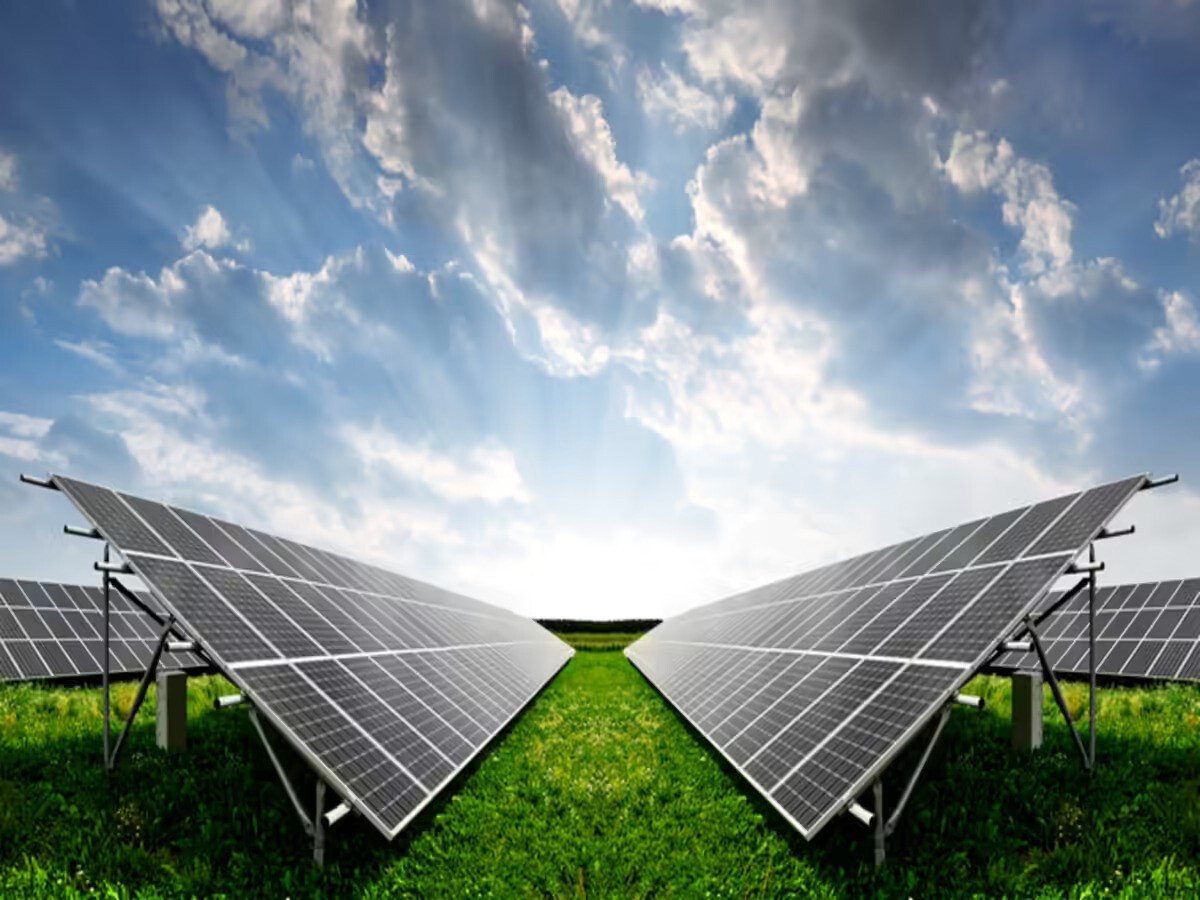

Eden Renewables, a renewable energy developer whose headquarters are in Troy, New York, USA, has received a unanimous planning consent from Braintree District Council for its proposed 13.8 MWac Sheepcote Solar Farm. This farm is close to Cressing in Essex, England. The consent came with glowing endorsements from the councillors, one saying, "If Carlsberg did solar farms," and another described it as "a beautiful proposal".

Eden celebrated the planning approval with a post on its LinkedIn page, revealing, “Good to see a rational, constructive and objective assessment of the application from the council's planning team and a testament to all the hard work and skills of our team and the many consultants who supported them – thank you.”
Agri-Solar and biodiversity at the heart of the plan
Sheepcote is intended to inform the public on how to collaborate with the local environment, in contrast to how large-scale developments are traditionally built around. Eden intends to maintain agricultural use through sheep grazing among the lines of solar panels, further promoting the growing agri-solar movement. This arrangement supports viable farming density and allows ecology to be a part of healthy growth.
Eden also plans to increase local biodiversity by over 400 per cent through the introduction of wildflower meadows and new native hedgerow planting. Construction is expected to begin in late 2026, and once operational, the solar farm will generate enough clean electricity to power over 6,000 homes annually.
Also read: Pilawa’s new solar energy plant sparks a significant step in AkzoNobel’s green energy initiative
From Wiltshire to Essex: A track record of community-centred solar projects
This is not Eden's first solar farm project. Previously, in 2023, it had received consent for a 49.9-MW Forest Gate Solar Farm in Wiltshire. Ross Wolhuter, Eden Development Manager, said at the time, “The land is hard to farm productively, and we will be maximising its use with sheep grazing and strong ecological improvements alongside clean energy generation.”
The Forest Gate project also featured collocated battery storage and strong community partnerships, including plans for local co-ownership via Zero North Wiltshire and Bath and West Community Energy. As Wolhuter added, “We’re also really excited about working with Zero North Wiltshire and Bath and West Community Energy to enable the local community to share ownership of the solar farm, which should create substantial additional funds for the benefit of local people on top of Eden's contribution to community and educational initiatives.”
Aluminium’s role in solar’s future
While solar farms get the publicity for renewable power, aluminium does play a recent but crucial part in their efficiency and durability. According to sources, aluminium caters to 85 per cent of solar PV material demand. The reason for its widespread use is that it is used in frames and mounts as support because it is highly conductive, strong with very low weight, and recyclable.
Aluminium is resistant to corrosion and its qualities reflect well to optimise energy capture and generally contribute to providing a resilient component to solar panels. At any rate, aluminium and metals enable both Sheepcote, Forest Gate, and others to provide not only clean but also resilient, cost-effective power for decades.
A forward-thinking solar blueprint
Eden Renewables' model of combining climate-positive energy, biodiversity and community engagement offers a template for solar development in the UK and beyond. Through projects such as Sheepcote and Forest Gate, Eden is demonstrating how renewable infrastructure can be beautiful, inclusive, and ecologically regenerative.
Also read: India’s solar sector expected to rebound with key investments despite early 2025 slowdown
Responses








